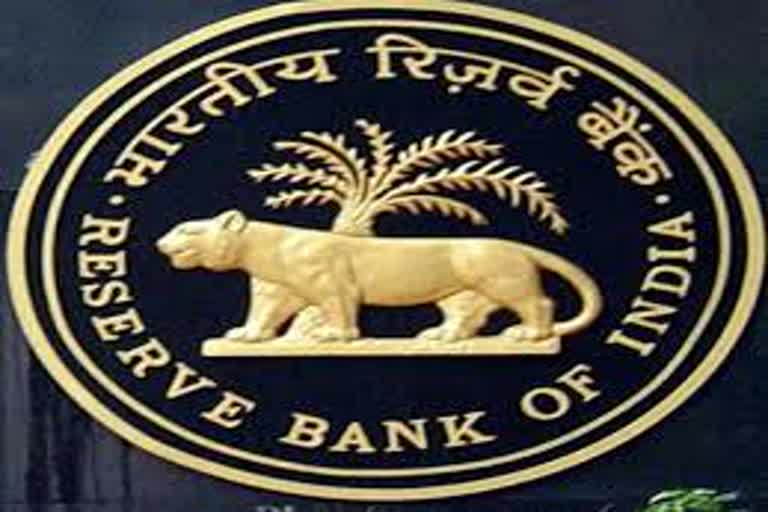Mumbai: Banks can use Aadhaar for KYC verification with the customer's consent, the Reserve Bank said Wednesday as it updated its list of documents eligible for identification of individuals.
The RBI specifies Know Your Customer (KYC) norms to be followed by banks and other entities regulated by it for various customer services, including the opening of bank accounts.
"Banks have been allowed to carry out Aadhaar authentication/ offline-verification of an individual who voluntarily uses his Aadhaar number for identification purpose," the central bank said in its amended Master Direction on KYC.
In February, the Union Cabinet had approved promulgation of an ordinance to allow voluntary use of the 12-digit unique number as identity proof for opening a bank account and procuring mobile phone connection.
The ordinance was necessitated as a bill, passed by the Lok Sabha on January 4 but pending in the Rajya Sabha, would have lapsed with the dissolution of the current Lok Sabha.
Also read: RBI may slash repo rate by 25 bps in June: Report
The ordinance gave effect to changes in the Aadhaar Act such as giving a child an option to exit from the biometric ID programme on attaining 18 years of age.
The RBI further said that 'Proof of possession of Aadhaar number' has been added to the list of Officially Valid Documents (OVD).
For customer identification of individuals, the RBI said those desirous of receiving any benefit or subsidy under direct benefit transfer (DBT), the bank should obtain the customer's Aadhaar and may carry out its e-KYC authentication.
For non-DBT beneficiary customers, the Regulated Entities (REs) should obtain a certified copy of any OVD containing details of a customer's identity and address along with one recent photograph.
"REs shall ensure that the customers (non-DBT beneficiaries) while submitting Aadhaar for Customer Due Diligence, redact or blackout their Aadhaar number in terms of sub-rule 16 of Rule 9 of the amended PML Rules," it added.
The amended KYC norms further said for non-individual customers, PAN/Form No 60 of the entity (for companies and Partnership firms - only PAN) should be obtained apart from other entity related documents. The PAN/Form No 60 of the authorised signatories shall also be obtained.
Form 60 is required to be submitted by an individual who does not have a Permanent Account Number (PAN).
"For existing bank account holders, PAN or Form No 60 is to be submitted within such timelines as may be notified by the Government, failing which account shall be subject to temporary ceasing till PAN or Form No 60 is submitted," the RBI said.
However, before temporarily ceasing operations for an account, RE shall give the customer an accessible notice and a reasonable opportunity to be heard, it added.



